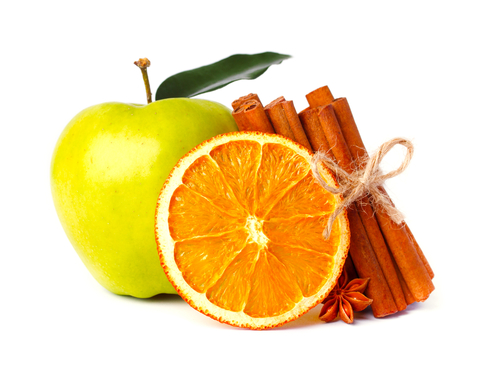People pouring in tasting rooms usually offer wine descriptions as they pour, before you drink. I have to admit that, as someone who evaluates wine professionally, it drives me nuts. I want to make my own observations, uncolored by theirs. But, as a wine educator and sommelier, I know why tasting room people do it. And I've always thought they were doing the right thing.
For the vast majority of people who enjoy wine and go to tasting rooms, wine is just one of many things they enjoy. At most, it’s a hobby. Few people have formal training in sensory evaluation. Therefore, even when they perceive a particular aroma or flavor in a glass of wine, they aren’t confident about being “right.”
Being correct about strawberry versus red cherry in a glass of wine isn’t really important. But a lot of people feel like it is. They lack confidence when they taste. And, unfortunately, that insecurity limits their enjoyment of the wine.
So winery folk, and many wine labels, include vivid wine descriptions. That serves as reinforcement to consumers who do try to pick out individual characteristics. The suggestions of specific flavors and aromas also helps those drinkers who don’t. It’s hard to identify a scent on one’s own, but easy to spot it in a wine once someone else mentions it.

All this is conventional wisdom. It also echoes techniques used by ad writers for food, clothing and other products on which we make judgements subjectively rather than analytically. The advertising business has long been scientific, with purposeful use of psychological research, focus groups, etc. Applying those principles to wine seems to make sense.
A newly released study from the University of Adelaide in Australia, published by Food Research International, confirms just that. In the study, 126 tasters each tried a Chardonnay, a Riesling and a Sauvignon Blanc. Everyone tried the same wines and did so “blind,” with no cues whatsoever about the character or quality of the wines. The subjects wrote evaluations for each of the wines.
One week later, the tasters came back and tried exactly the same wines. This time though, they were given detailed wine descriptions: aromas, flavors and overall character. When the provided wine descriptions matched up with a taster’s own perceptions, that person’s opinion of the wine—and the pleasure they said they received from drinking it—was substantially higher. In short, people like wine better when they are given good wine descriptions in advance.
There is a catch though. When the provided wine descriptions did not match what the tasters perceived, their ratings and enjoyment went way down. Those folks were disappointed and downgraded the wines accordingly.
So, when servers, sommeliers, reviewers and marketers tell you what a wine smells and tastes like, they really are doing you (and themselves) a favor. As long as they get those descriptions right.
JJ Buckley has more than 5,000 wines on-hand and almost every listing offers great descriptors from the winery, reviewers and/or our in-house experts.
JJ Buckley guest blogger Fred Swan is a San Francisco-based wine writer, educator, and authority on California wines and wineries. His writing has appeared in The Tasting Panel and SOMM Journal. Online, he writes for his own site, FredSwan.Wine (formerly NorCalWine), PlanetGrape, and GuildSomm. He teaches at the San Francisco Wine School. Fred’s certifications include WSET Diploma, Certified Sommelier, California Wine Appellation Specialist, Certified Specialist of Wine, French Wine Scholar, Italian Wine Professional, Napa Valley Wine Educator and Level 3 WSET Educator. In 2009, he was awarded a fellowship by the Symposium for Professional Wine Writers. In that same year, he was inducted into the Eschansonnerie des Papes, the honorary society of the Chateauneuf-du-Pape AOC.